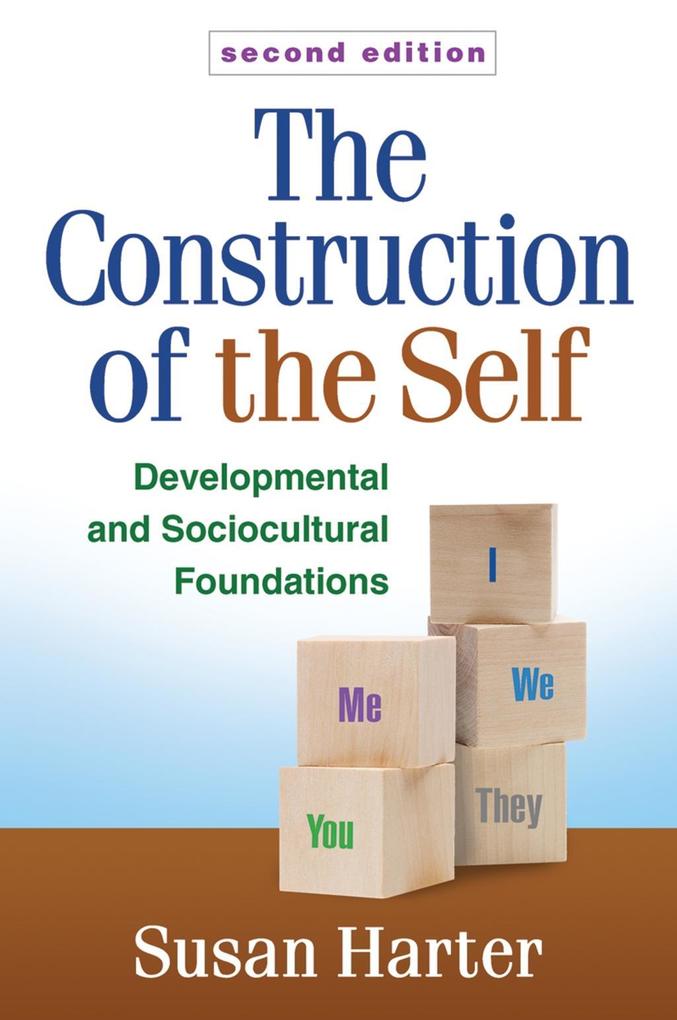
Sofort lieferbar (Download)
An important work from a leading scholar, this book explores self-development from early childhood to adulthood. Susan Harter traces the normative stages that define the emergence of many self-processes, including self-esteem. Restructured and significantly revised, the second edition reflects over a decade of conceptual, empirical, and methodological advances. It provides a broader sociocultural framework for understanding self-development and gives increased attention to the liabilities of our contemporary preoccupation with the self. Initial chapters describe how children, adolescents, and emerging adults assess their own competencies and overall worth and form a core, enduring sense of self. Harter examines the ways in which self-evaluative judgments at distinct developmental stages are shaped by both individual differences and societal influences. She shows that increasingly mature features of the self pose both benefits and risks for psychological adjustment. Subsequent chapters delve into particular characteristics and contexts of the self. Compelling topics include the links between self-esteem and physical appearance; the nature and functions of self-conscious emotions, with expanded coverage of humiliation; self-processes and motivation in the classroom; and cross-cultural research. Throughout, the book highlights the causes and consequences of different types of self-representations, including those that are unrealistically negative or positive. The integrative concluding chapter focuses on the ubiquity of false-self behavior-particularly narcissism-in today's society, identifying promising pathways for promoting authentic self-worth. Combining state-of-the-art theory and research with rich clinical insights, this authoritative volume will be read with interest by developmental, personality/social, and educational psychologists, as well as child clinical psychologists and other mental health professionals.
Produktdetails
Erscheinungsdatum
03. April 2012
Sprache
englisch
Seitenanzahl
440
Autor/Autorin
Susan Harter
Verlag/Hersteller
Kopierschutz
ohne Kopierschutz
Produktart
EBOOK
Dateiformat
EPUB
ISBN
9781462502998
Entdecken Sie mehr
Bewertungen
0 Bewertungen
Es wurden noch keine Bewertungen abgegeben. Schreiben Sie die erste Bewertung zu "The Construction of the Self" und helfen Sie damit anderen bei der Kaufentscheidung.









